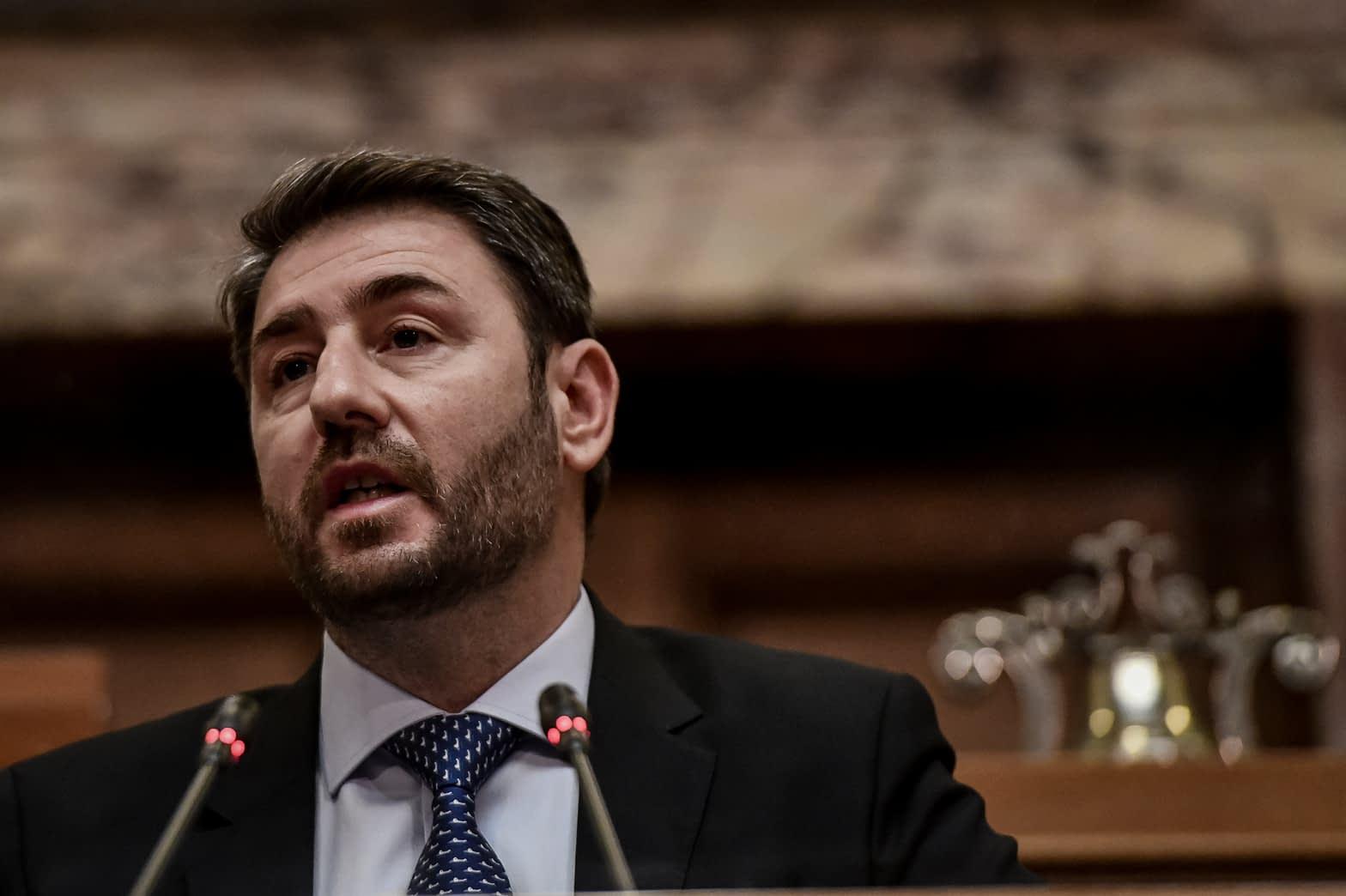Wiretapping scandal in Greece: Armenia’s name is voiced behind the scenes Yerevan is said to have practice in using Predator surveillance malware
The government of Greece and Prime Minister Kyriakos Mitsotakis have been put on a hot seat over a wiretapping scandal that led to a big political crisis in the country. Allegations over the meddling by foreign special services in the espionage campaign have even further fanned the flames of the incident.
An espionage scandal surfaced after Greek intelligence service chief Panagiotis Kontoleon admitted on July 29 that his agents used surveillance malware to spy on Thanasis Koukakis, a financial journalist who works for CNN Greece, and Nikos Androulakis, the leader of the third-largest party in the Greek parliament, PASOK.
Konteleon and the government’s Secretary-General Grigoris Dimitriadis, who was also a top aide and nephew of PM Mitsotakis, have resigned after the revelations of espionage attempts using a malware called Predator. The malware’s penetration into Androulakis’ phone was discovered during an inspection by a European Parliament cybersecurity service.

PASOK party leader Nikos Androulakis
After stepping down, on August 6, EYP chief Konteleon confirmed the reports about cooperation with foreign secret services over the spying on separate persons.
Greek newspaper Kathimerini wrote on the same day that the information leaked from government sources pointed the finger at Armenia and Ukraine as the meddlers from overseas in the illegal espionage on the journalist.
In media reports, the Greek government officials said the spying on Androulakis at the request of the Ukrainian and Armenian intelligence services was because “he is too close to Russia and Turkey”.
Recall that the Armenian government’s relations with Russia have been souring over the recent period, in particular, following Prime Minister Nikol Pashinyan’s rise to power. Pashinyan’s West-oriented foreign policy has not been satisfying Moscow, and, for his part, the Armenian PM has been periodically questioning Russia’s role in helping resolve domestic and regional issues. Following the recent activities of the Russian military in the territory of Armenia, including the installation of highway checkpoints to inspect vehicles registered in Armenia, the Armenian society labelled Russia as an “ordinary occupant” rather than a strategic ally.
Meanwhile, the Armenian Ambassador to Greece Tigran Mkrtchyan has adamantly denied the reports about Yerevan’s involvement in the wiretapping scandal.
"This is a shameless lie. Armenia has never asked any government to wiretap anyone's phones," Armenian Ambassador Mkrtchyan told the news portal politispress.gr.
Despite the ambassador’s vehement denial, Armenia is reportedly linked to the Predator software, which is able to grab full access to everything on the hacked phone — from encrypted data and the camera to the microphone. Citizen Lab, a Canada-based research outlet, claimed that the malware was developed by start-up Cytrox with its headquarters in North Macedonia, and its customers are likely located in Armenia, Egypt, Greece, Indonesia, Madagascar, Oman, Saudi Arabia, and Serbia.
Moreover, similar findings were made by Google's Threat Analysis Group, which in May, said the "government-backed actors" in Egypt, Armenia, Greece, Madagascar, Côte d'Ivoire, Serbia, Spain, and Indonesia have used the surveillance malware.
In June, Reporters United, a network of reporters and a nonprofit organization to support investigative journalism in Greece, claimed that the Greek government’s resigned secretary-general Dimitriadis was in contact with the companies selling Predator, a claim that was denounced by him.
Meanwhile, the head-spinning developments over the scandal pushed PM Mitsotakis to deliver an address to the nation on August 8 in an attempt to explain the shocking incident that has already shaken the trust in his government.
“Although everything was done lawfully, the National Intelligence Service (EYP) underestimated the political dimension of that particular action. It was formally adequate but politically unacceptable. It should not have happened [and it] undermined citizens’ confidence in national intelligence,” Mitsotakis said.
“[The surveillance] may have abided with the letter of the law, but it was wrong. I had no knowledge of this; and, If I did, I would never have allowed it,” he said.
He pledged to restructure EYP after the incident that put the activities of the Greek secret service under question.
Caliber.Az is closely following the issue and will report on further developments.








